Carrara marble countertops are a luxurious addition to any kitchen or bathroom, known for their timeless beauty and elegant veining. As a natural stone, Carrara marble requires specific care to maintain its pristine appearance and prevent damage. The first step in caring for Carrara marble countertops is understanding the material. Marble is a metamorphic rock formed from limestone, composed primarily of calcite, a crystalline form of calcium carbonate. This composition makes marble relatively soft and porous compared to other natural stones like granite. Consequently, Carrara marble is susceptible to staining, etching, and scratching.
Regular cleaning is essential to protect Carrara marble countertops. Daily cleaning should involve using a pH-neutral cleaner specifically designed for natural stone. Avoid acidic or alkaline cleaners, such as vinegar or bleach, which can cause etching on the marble surface. Warm water and a soft cloth are generally sufficient for everyday cleaning tasks. For tougher stains or grime, a stone-safe cleaner is recommended. Always wipe spills immediately to prevent staining, as marble is highly absorbent.
Sealing Carrara marble countertops is a critical step in their care. Marble is porous, and sealing it helps create a barrier against stains and moisture. Sealers do not make the marble stain-proof but significantly reduce the risk of staining. The frequency of sealing depends on the marble’s usage and the type of sealer used. Generally, it is recommended to seal Carrara marble countertops every six months to a year. To test if your countertop needs sealing, you can perform a simple water test: sprinkle a few drops of water on the surface. If the water beads up, the sealer is intact; if it absorbs into the marble, it’s time to reapply the sealer.
Preventing scratches and etching on Carrara marble is also crucial. While marble is durable, it is not as hard as other countertop materials. Use cutting boards for chopping food to avoid direct contact with the marble surface. Place mats or coasters under hot dishes, as extreme temperature changes can cause thermal shock and lead to cracks. Additionally, avoid placing acidic foods and beverages, like citrus fruits, wine, and coffee, directly on the marble, as they can cause etching.

For long-term care, periodic deep cleaning is advisable. This involves using a poultice to remove deep stains. A poultice is a paste made from a combination of a solvent (like hydrogen peroxide for organic stains) and a white absorbent material (like baking soda). Apply the poultice to the stained area, cover it with plastic wrap, and let it sit for 24-48 hours. The poultice will draw out the stain from the marble. Afterward, remove the poultice, rinse the area with water, and dry it thoroughly.
Addressing etching is another aspect of marble care. Etching occurs when acidic substances come into contact with the marble, causing a dull spot. Light etching can often be polished out using a marble polishing powder and a soft cloth. For more severe etching, professional restoration may be required. It’s essential to act quickly to minimize the damage and preserve the marble’s appearance.
In addition to regular cleaning and maintenance, educating everyone in the household about the proper care of Carrara marble is important. This ensures that everyone follows the best practices and helps prevent accidental damage. Simple actions like using coasters, trivets, and cutting boards can significantly extend the life of your marble countertops.
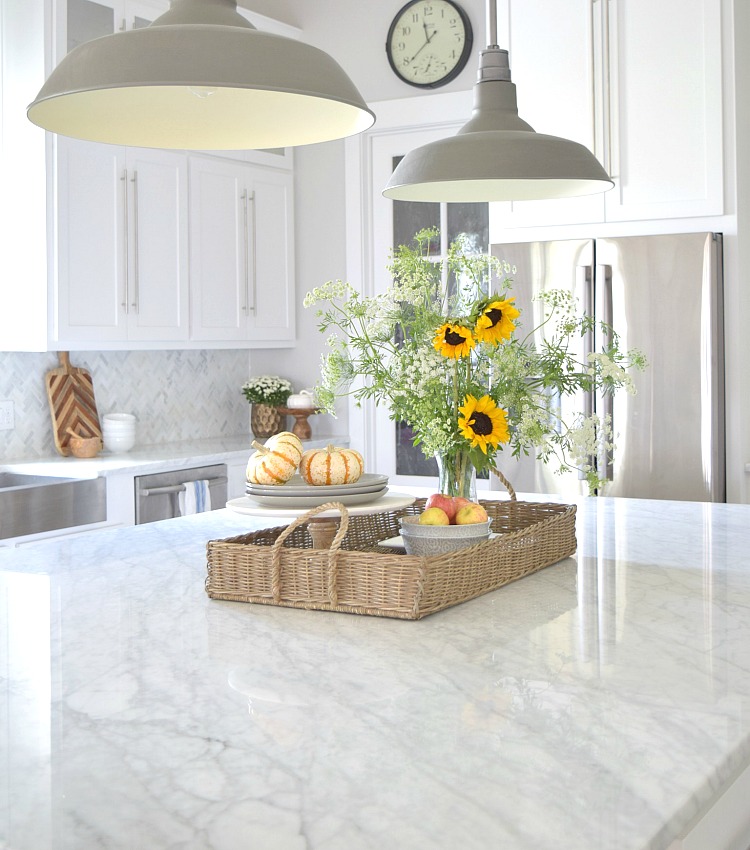
When it comes to bathroom countertops, additional considerations come into play. Bathroom products such as toothpaste, mouthwash, and cosmetics can also contain acids and other chemicals that may damage marble. It’s wise to store such products in trays or containers to prevent them from coming into direct contact with the marble. Regularly wiping down the countertop and keeping it dry will help prevent water spots and soap scum buildup.
Understanding the difference between cleaning and disinfecting is important. While regular cleaning with a stone-safe cleaner removes dirt and grime, disinfecting kills germs. To disinfect Carrara marble, use a solution of isopropyl alcohol (70%) mixed with water. Spray the solution on the countertop, let it sit for a few minutes, and then wipe it off with a clean, damp cloth. Avoid using harsh chemical disinfectants, which can damage the marble surface.
Using natural or mild cleaners for Carrara marble is recommended, but make sure to avoid any abrasive materials or scrubbing pads. These can scratch the marble surface, leading to dull spots and making the stone more susceptible to staining. Instead, use soft sponges or microfiber cloths for gentle yet effective cleaning.
Regularly checking the condition of your marble countertops can help catch issues early. Inspect the surface for any signs of damage, such as chips, cracks, or dull spots. Addressing these issues promptly can prevent them from worsening. Small chips can often be repaired with a marble repair kit, while larger damage might require professional assistance.
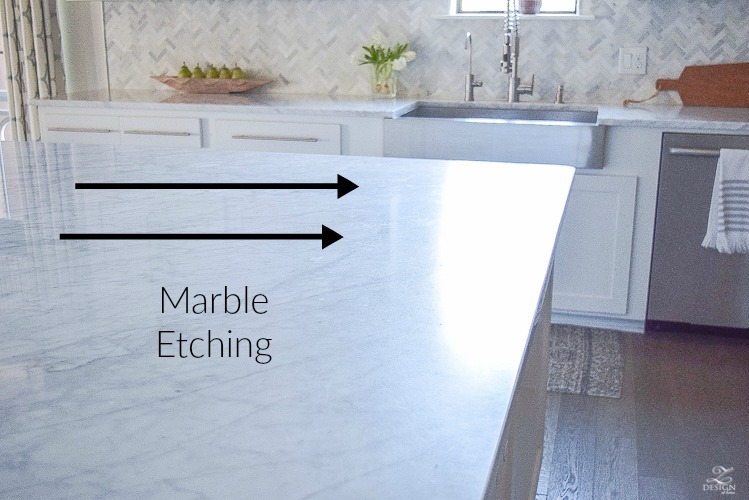
For outdoor Carrara marble installations, additional care is needed due to exposure to the elements. Protecting the marble from direct sunlight, rain, and extreme temperatures can help prevent weathering and discoloration. Sealing outdoor marble is even more critical, and it may require more frequent applications due to harsher conditions.
Professional maintenance is also an option for keeping Carrara marble countertops in top condition. Stone care professionals can provide services such as deep cleaning, polishing, and resealing. They can also address more significant issues like deep scratches or extensive etching, restoring the marble to its original beauty.
Overall, the key to maintaining Carrara marble countertops is consistent and careful maintenance. Regular cleaning, prompt attention to spills and stains, and proper sealing are fundamental practices. By following these guidelines and being mindful of potential hazards, you can enjoy the timeless elegance of Carrara marble for many years to come.

Common Mistakes to Avoid
Using Acidic Cleaners: One of the most common mistakes is using acidic cleaners like vinegar, lemon juice, or commercial products containing bleach or ammonia. These substances can etch the marble surface, leading to dull spots and damage.
Ignoring Spills: Letting spills sit on the marble surface can lead to staining. It’s important to wipe up spills immediately, especially if they are acidic or contain oils, which can penetrate the porous stone.
Skipping Sealing: Failing to seal your marble countertops regularly leaves them vulnerable to stains and moisture damage. Regular sealing is essential to maintain the marble’s resistance to staining.
Using Abrasive Tools: Scrubbing with abrasive pads or brushes can scratch the marble surface, making it more susceptible to future damage. Always use soft cloths or sponges for cleaning.
Neglecting Maintenance: Overlooking routine maintenance such as cleaning and reapplying sealant can result in a buildup of grime and damage over time. Consistent care is necessary to preserve the marble’s beauty and integrity.
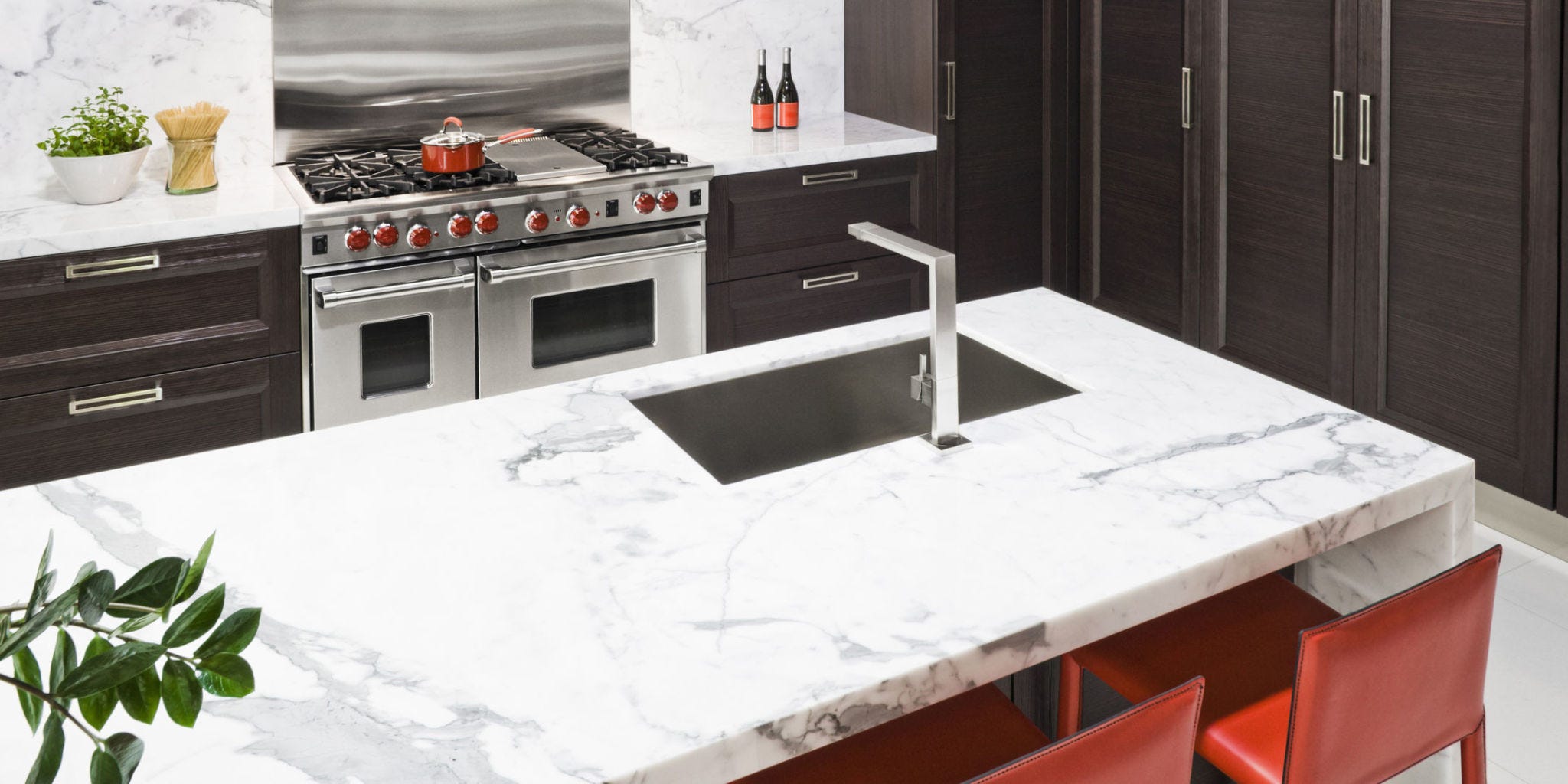
How often should I seal my Carrara marble countertops?
Sealing frequency depends on the usage and the type of sealer used. Generally, it is recommended to seal Carrara marble countertops every six months to a year. Performing a water test periodically can help determine when resealing is necessary.
Can I use bleach to disinfect my marble countertops?
No, bleach and other harsh chemical disinfectants should be avoided as they can damage the marble surface. Instead, use a solution of isopropyl alcohol (70%) mixed with water to disinfect your marble countertops safely.
What should I do if my marble countertop gets etched?
Light etching can be polished out using a marble polishing powder and a soft cloth. For more severe etching, it may be necessary to seek professional restoration services to repair the damage effectively.
How do I remove a stain from my Carrara marble countertop?
To remove stains, you can use a poultice made from a solvent (like hydrogen peroxide for organic stains) and an absorbent material (like baking soda). Apply the poultice to the stain, cover it with plastic wrap, and let it sit for 24-48 hours before rinsing and drying the area.
Are Carrara marble countertops suitable for kitchens?
Yes, Carrara marble countertops can be used in kitchens, but they require diligent care. Using cutting boards, wiping up spills immediately, and avoiding direct contact with acidic foods and hot dishes can help maintain the marble’s appearance and durability.

Marble Countertops: 9 Tips for Choosing a White Marble Slab

The Pros & Cons Of Marble Countertops + What I Use to Clean Mine
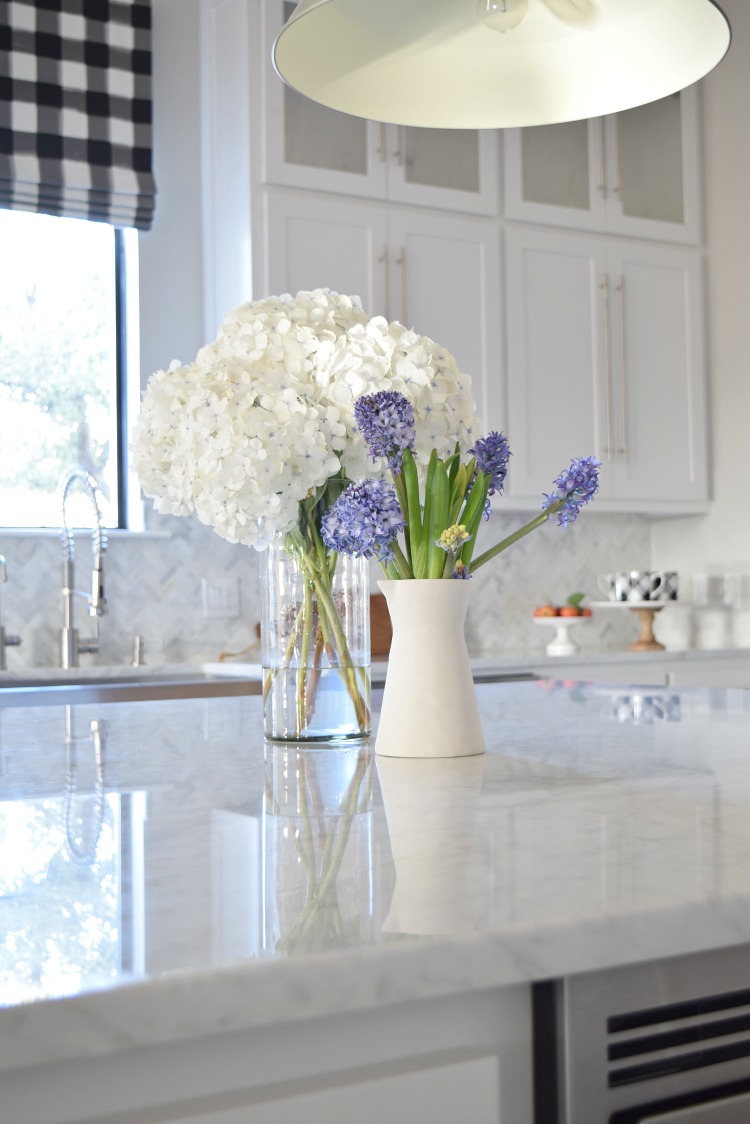
Restoring our Marble Counters – Honey We’re Home

Remodeling 101: How to Care for Marble Countertops
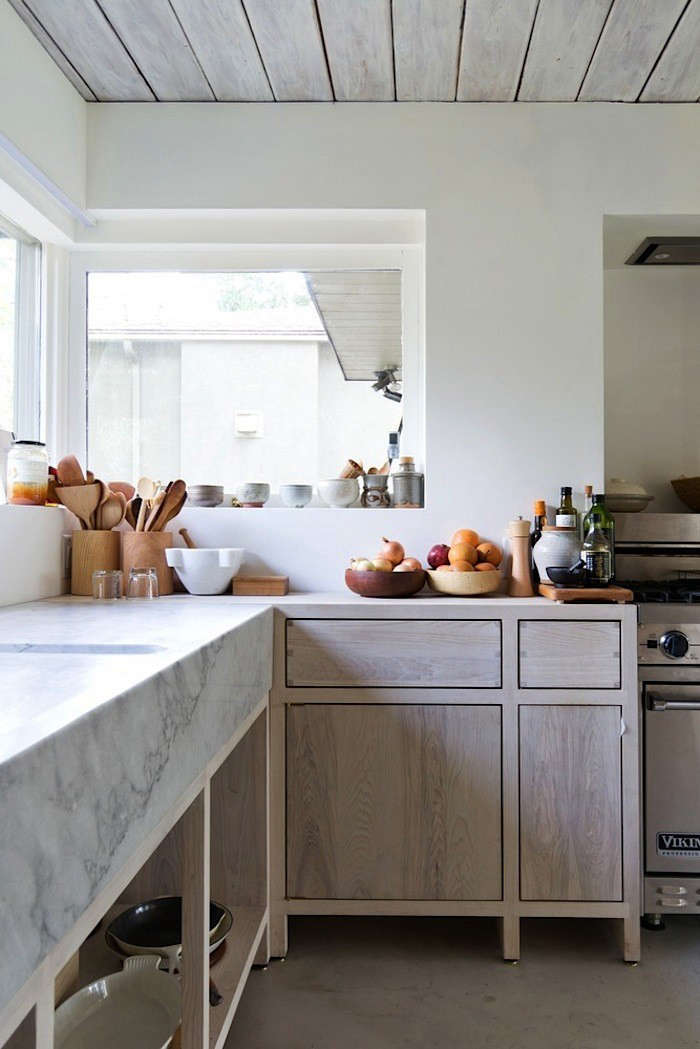
Related articles:
- Refinishing Cultured Marble Countertops
- White Marble Countertops
- Marble Countertops Backsplash
- DIY Refinishing Cultured Marble Countertops
- Marble Countertops In Bathrooms
- Cultured Marble Countertops
- Gray Kitchen Cabinets Marble Countertops
- Modern Kitchen Marble Countertops
- Refinish Cultured Marble Countertop
- Carrara Marble Countertops Bathroom